The fear behind Champions League’s ‘turning point’ and football’s trepidation in 2024
Uefa’s switch to the Swiss format in the Champions League could spark widespread change in the game, explains Miguel Delaney, with the prospect of more innovation on the pitch and a moment of truth for Gareth Southgate’s England at Euro 2024


Your support helps us to tell the story
From reproductive rights to climate change to Big Tech, The Independent is on the ground when the story is developing. Whether it's investigating the financials of Elon Musk's pro-Trump PAC or producing our latest documentary, 'The A Word', which shines a light on the American women fighting for reproductive rights, we know how important it is to parse out the facts from the messaging.
At such a critical moment in US history, we need reporters on the ground. Your donation allows us to keep sending journalists to speak to both sides of the story.
The Independent is trusted by Americans across the entire political spectrum. And unlike many other quality news outlets, we choose not to lock Americans out of our reporting and analysis with paywalls. We believe quality journalism should be available to everyone, paid for by those who can afford it.
Your support makes all the difference.There are some nerves at the top level of football as a new year starts and they aren’t all related to the usual concerns.
Many might say an “unusual concern” perfectly describes the prospect of England finally winning a tournament. Gareth Southgate’s side are seen as the likely Euro 2024 winners by the majority of the field, at least outside of France.
It’s a sense of expectation, rather than just optimism, that is new even for this manager’s time. That’s partly because England have something new in the team’s modern history in a player like Jude Bellingham.
He can crown himself as the best player in the world in 2024, while making England the best team in Europe. This might be his year. This might just be it.
Arsenal will feel similar about the chance to become champions for the first time in 20 years, Aston Villa about the opportunity to return to the Champions League for the first time in 42 years.
Or, rather, to return to the competition that used to be the European Cup, and won’t really look like the Champions League as we know it.
Because, while these are all simplistically old-fashioned concerns about what might happen on the pitch, they come in a newly complex calendar.
This is where the nerves really come. There is a sense of trepidation about the refashioned Champions League that most of Southgate’s squad and their main competitors will be in.
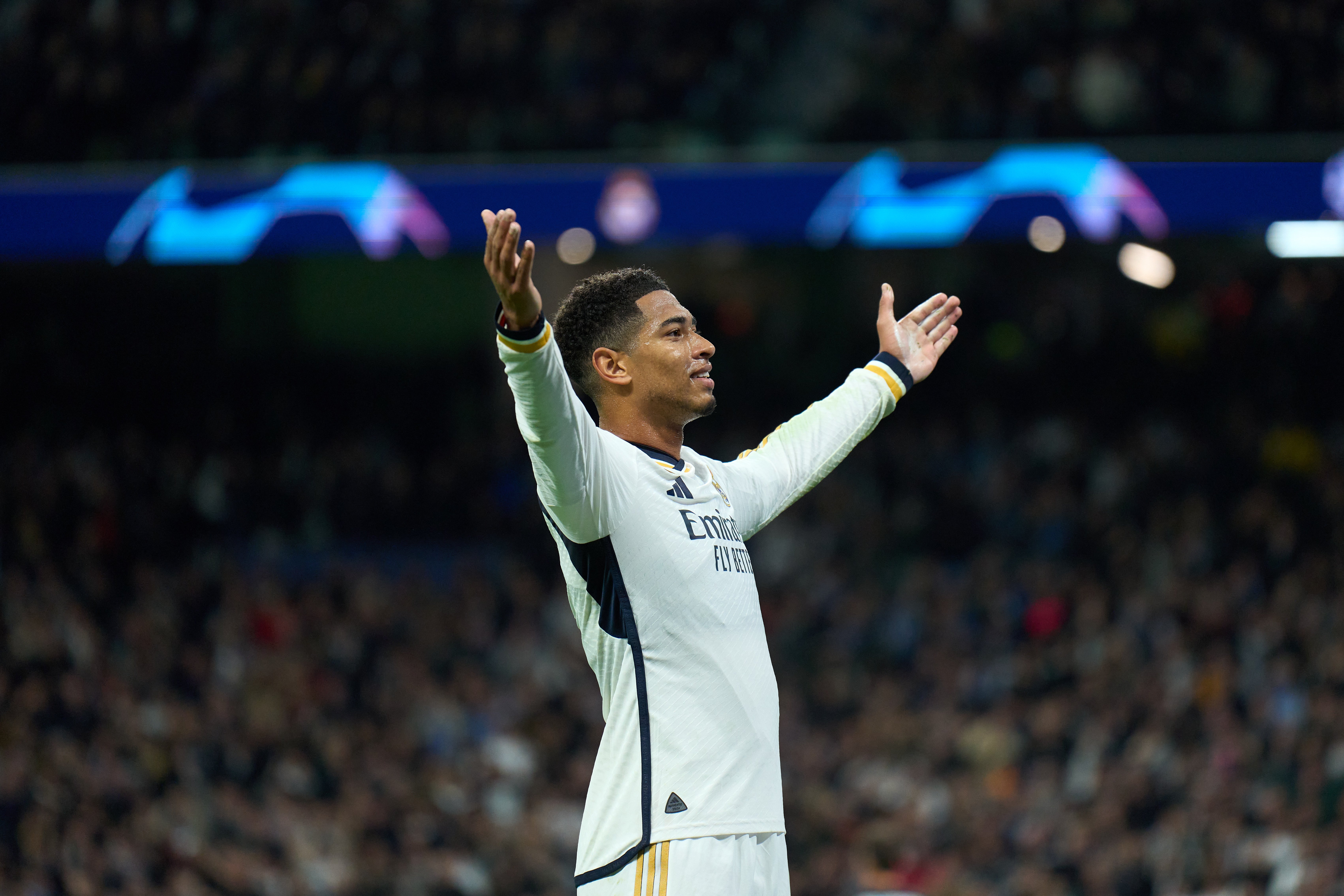
Europe’s premier competition will expand to 36 clubs after a quarter-century of a symmetrical 32, similarly changing the nature of the entire opening round. It is based on the “Swiss model” primarily used in chess.
All of the teams will be in an open group, with fixtures based on seeding. This represents a neat evasion of the core problem of financial disparity that destroyed the old group stage, while seeking to solve a number of other issues.
There will be more big games between big clubs, more guaranteed income and it will also seek to solve the problem of the dead rubbers that have characterised this season’s campaign. More of the places for the last 16 will be staggered, and there will even be play-offs.
This is a direct response to major clubs threatening the prospect of a European Super League for some time. Although the shift in format was settled upon before April 2021 and the first initial idea of the Super League becoming public. Those who worked on this idea insist it “modelled” the best out of all possible formats.
It still isn’t all that easy to immediately explain, which makes it hard to work out what comes next. Senior figures in football believe this could be crucial to the future of the game. Damien Comolli, the former Liverpool and Tottenham Hotspur sporting director who is now overseeing an impressive overhaul at Toulouse, reflects a common view.
“If it works really well, then the Super League is dead in the water,” the French executive explains. “If it doesn’t work well, then some people will try to come back and implement the Super League. So, for me, it’s a turning point in the history of European football.”
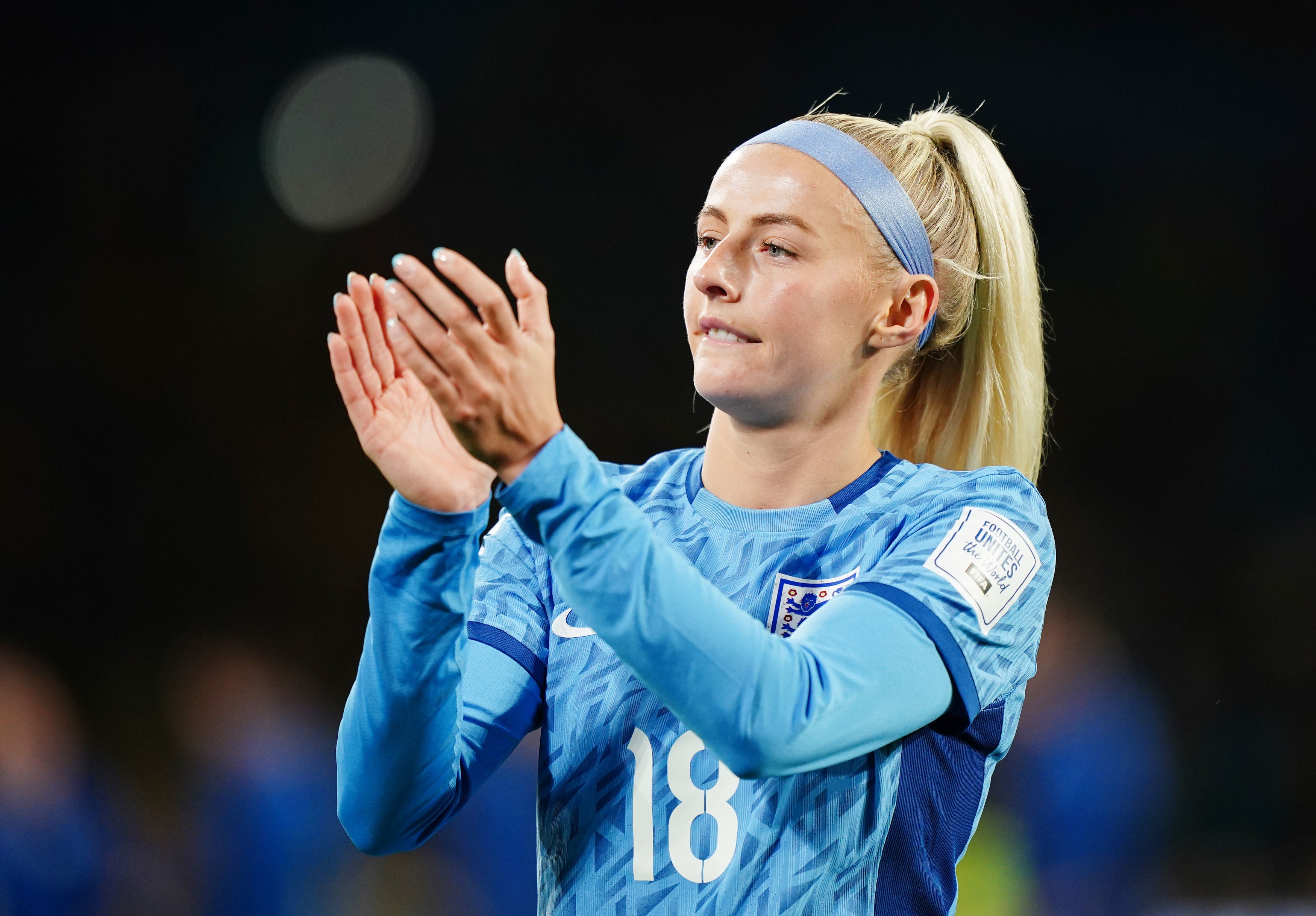
That statement is undeniable but not exactly an unprecedented description. It’s been said about a number of developments over the last few years, usually in reviews such as this.
There are so many potential turning points because the game has been made so complex. It is no longer a simple pyramid. It is a steep pillar with all manner of distortions and major actors looking to bend it to their will.
Along those lines, December’s late European Court of Justice ruling means it is probably too late for the last form of the super league to exploit any misgivings about this new Champions League.
They never applied under the old pre-authorisation rules, which now goes against European law but have already been changed by Uefa. The same ruling, however, may open the way for different challenges in the future. That war isn’t over.
The politics around it could be considerably influenced by the outcome of another battle. The Premier League case against Manchester City for alleged breaches of Financial Fair Play rules is viewed as a potential extinction-level event for football as it currently stands, due to the immense strength of feeling.
Any strong punishment changes the face of the game. Anything else, however, and there will be uproar from the rest of the Premier League.
It’s just that we may not even see an outcome in 2024, which is a prospect that has also caused agitation in the game. City are likely to face an independent panel by the end of the year, but that may not have a resolution until 2025. The next 12 months could instead see developments in a similar investigation into Chelsea.
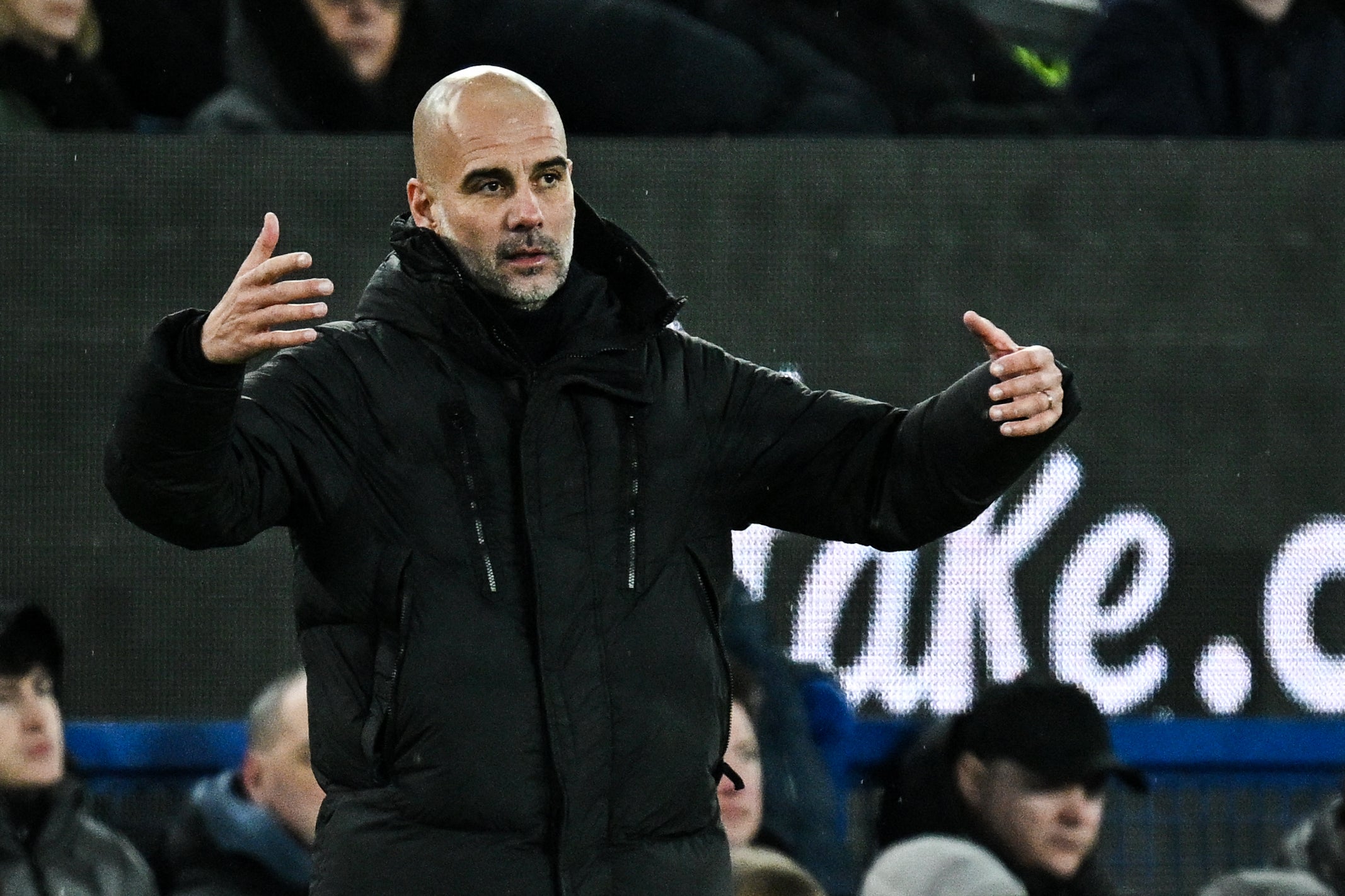
Amid so many off-field issues, the Premier League could do with a proper title race, preferably one that features more than two teams. It would not be good for the image of the competition if City won it with relative ease again, even if that would represent another landmark.
They would become the first club to win four successive English titles, as Pep Guardiola similarly aims to make them just the second to retain the modern Champions League while winning a personal record-equalling fourth – level with Carlo Ancelotti, whose Real Madrid side could represent the toughest competition for the Cityzens. This sort of concentration is where football has long been heading.
Guardiola could actually do with substantial competition for his own legacy. Arsenal may provide that, as they seek their own first title since the 2003-04 Invincibles. Liverpool suddenly look more serious about it going into the new year, though.
Below that, Sir Jim Ratcliffe’s purchase of a 25 per cent stake in Manchester United might finally change the discussion around the club.
It has nevertheless got to the point where the European Union and even Fifa are getting concerned about decreasing competitiveness in football. European ministers will meet on 10 January to start discussing the idea of a model of sport for the continent. Fifa are now actively looking at ways to make the game more balanced, with everything from a salary cap to transfer restrictions now on the table.
International football, by its very nature, can’t escape the world around it either. March will bring the play-offs for the remaining places at Euro 2024, with Israel taking on Iceland before a possible meeting with Bosnia and Herzegovina or Ukraine.
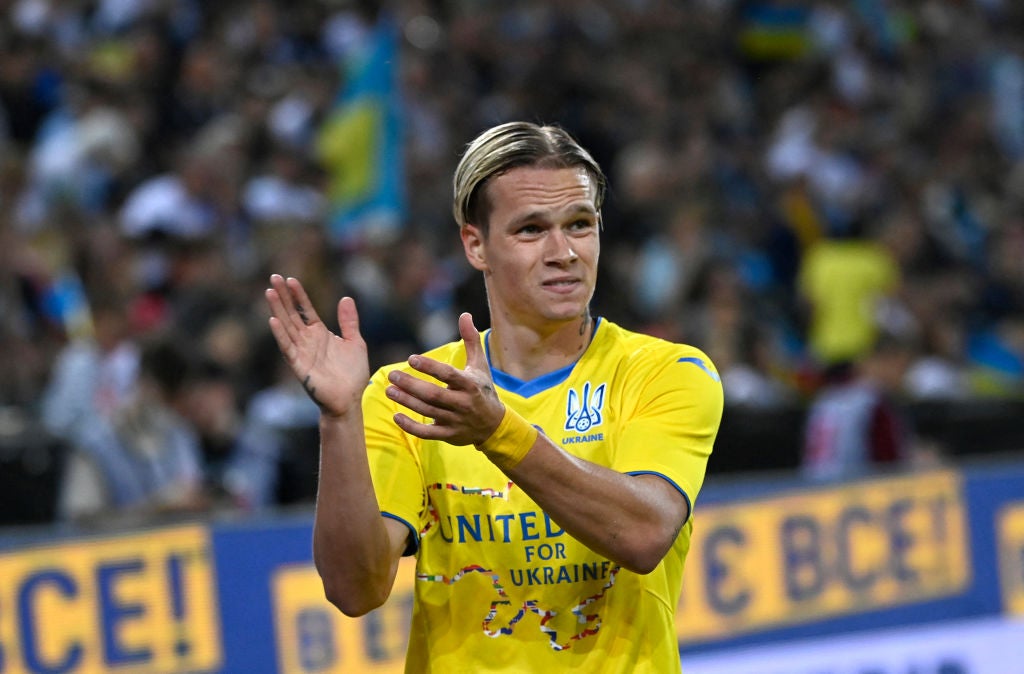
The prospect of a match with Ukraine is pointed, since senior figures in Uefa are bracing themselves for the prospect of calls from protesters to boycott Israel like Russia amid the ongoing conflict with Hamas and bombing of Gaza. No European federation is considering that but The Independent has been told that associations are conscious of security concerns from possible protests if they were to host a play-off involving Israel.
There’s an irony to that, since international football has increasingly represented a relief from football’s own issues. That isn’t just because England are aiming to win their first trophy in 58 years or that it is the first self-contained tournament not held in an autocracy since 2016, coming as it is in Germany as opposed to Russia or Qatar.
The level has evolved into a purer version of the sport. While there are still big countries and little countries, none are perfect and they can’t just buy solutions to problems in the transfer market. Players are similarly playing for the glory of it all, rather than the wages.
England finally have that glory within touching distance. It’s just that a lot can change between now and the start of Euro 2024.
Teams can suddenly spark into form. Kylian Mbappe might have a lot to say about where the trophy ends up, especially as he continues to encounter frustration in his own club career with Paris Saint-Germain. The French star himself will surely end up at Real Madrid, in what might well be the year’s biggest transfer.
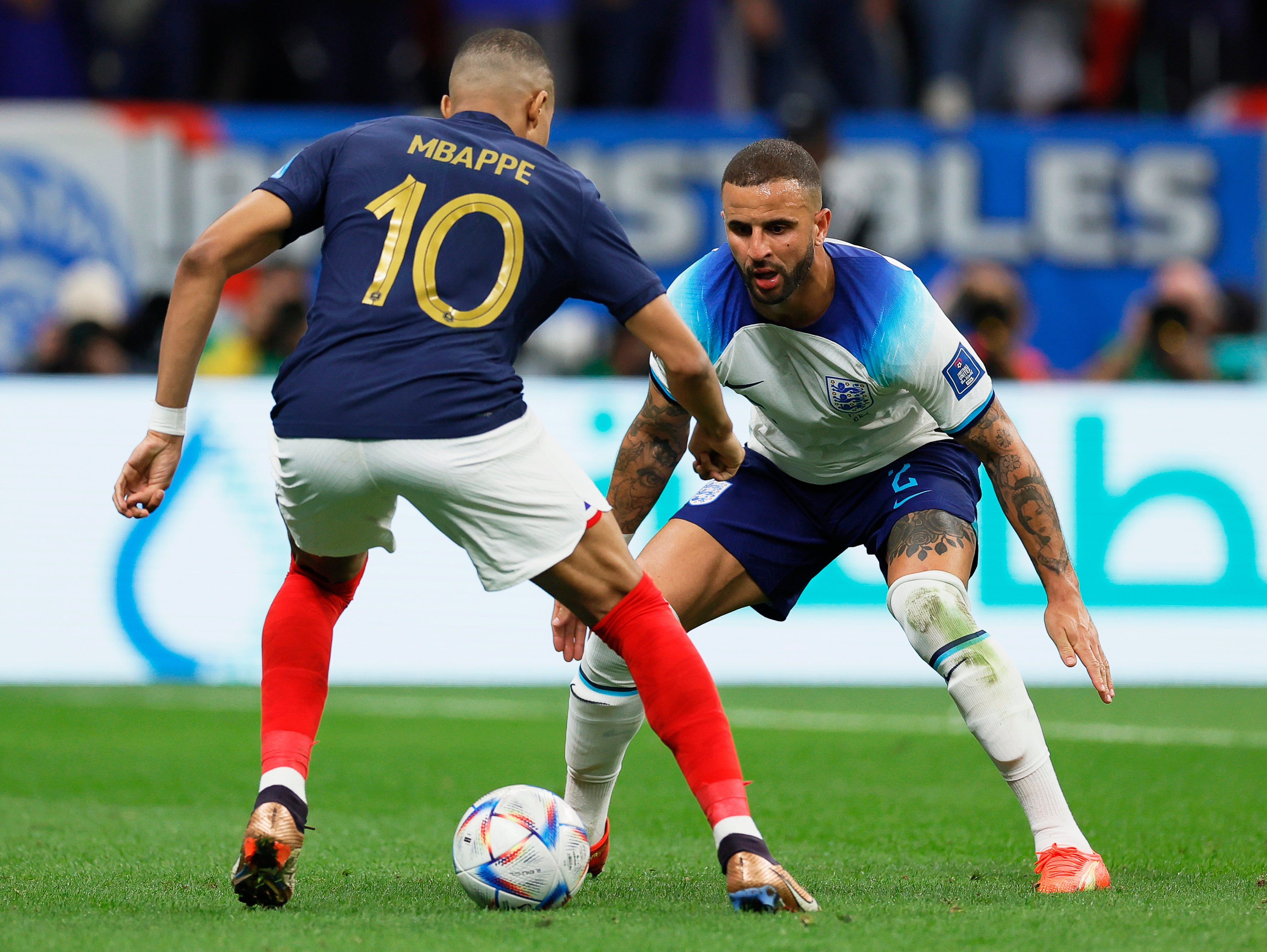
Women’s football isn’t yet anywhere near such financial levels, but its development will only accelerate. Investment is flowing in, especially amid a forthcoming overhaul to the game in England. There will also be a landmark of another kind. Emma Hayes will take charge of her last Chelsea game, before going to manage the United States Women’s National Team.
In terms of how the game is coached, there may be some pure on-pitch evolution there. The last 12 months have already seen managers such as Roberto De Zerbi test the parameters of the Guardiola positional play that has dominated the last 15 years.
We could see the shape of the game change for the first time in that period. It may become less outright attacking, with more ploys. It won’t become any less athletic, though. This is where sports science is bringing us to.
The whole year, however, may bring changes and a whole lot of trepidation.



Join our commenting forum
Join thought-provoking conversations, follow other Independent readers and see their replies
Comments